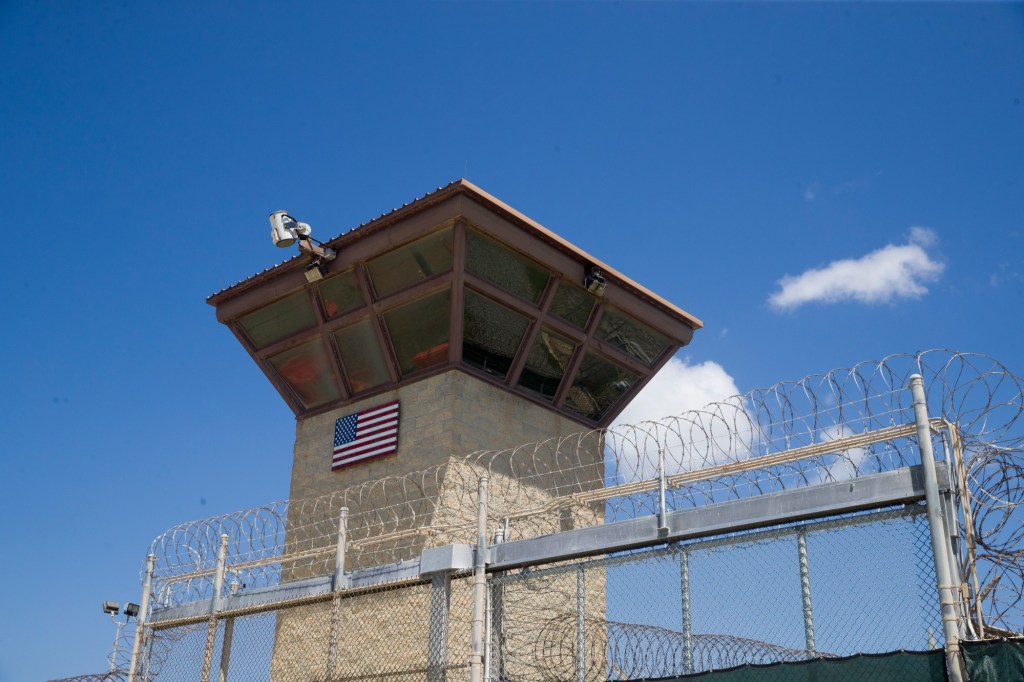
In a deeply disturbing and unprecedented move, the U.S. has begun transferring immigrant detainees to Guantánamo Bay, Cuba. They’re being held without access to their lawyers and families.
President Trump has ordered up to 30,000 “high-priority” migrants to be imprisoned there as part of his larger mass deportation and detention campaign.
Trump claims these migrants are the “worst criminal aliens threatening the American people.” But recent investigations of those detainees have already challenged this narrative. And a large percentage of immigrants arrested in the U.S. have no criminal record.
Unfortunately, this isn’t the first time our government has invoked “national security” to deny marginalized communities their basic human rights. President George W. Bush created the infamous military prison at Guantánamo during the “War on Terror” to hold what his administration called the “worst of the worst.”
The prison has since become synonymous with indefinite detention — 15 people still remain there today, over 20 years later. Notorious for its brutality and lawlessness, Guantánamo should be shut down, not expanded.
Of the 780 Muslim men and boys imprisoned there since January 2002, the vast majority have been held without charge or trial. Most were abducted and sold to the U.S. for bounty and “had no relationship whatsoever with the events that took place on 9/11,” reported the UN’s independent expert in 2023, who reiterated the global call to close Guantánamo.
The Bush administration designed the prison to circumvent the Constitution and the 1949 Geneva Conventions, refusing to treat the prisoners as either POWs or civilians. This legal fiction resulted in a range of human rights violations, including torture.
But the Constitution — and international law — still applies wherever the U.S. government operates. All prisoners, including immigrants, are still entitled to humane treatment, legal counsel, and due process.
“Never before have people been taken from U.S. soil and sent to Guantánamo, and then denied access to lawyers and the outside world,” said Lee Gelernt, the lead attorney in the ACLU case challenging Trump’s executive order.
However, the U.S. does have a sordid history of detaining migrants captured elsewhere at the base. As legal scholar Jeffrey S. Kahn points out, the U.S. has detained Haitians at Guantánamo on and off since the 1970s.
In the 1990s, thousands of Haitian refugees fleeing persecution following a military coup were captured at sea. The U.S. held them in horrific conditions at Guantánamo so they couldn’t reach U.S. shores to seek asylum — which is a fundamental human right long enshrined under U.S. law.
Shrouded in secrecy, the U.S. continues to capture and detain asylum seekers fleeing Haiti, Cuba, and other Caribbean countries at Guantánamo. Last fall, the International Refugee Assistance Project reported that refugee families are kept in a dilapidated building with mold and sewage problems, suffer from a lack of medical care, and are “detained indefinitely in prison-like conditions without access to the outside world.”
Trump’s order would take these abuses to a horrifying new level.



